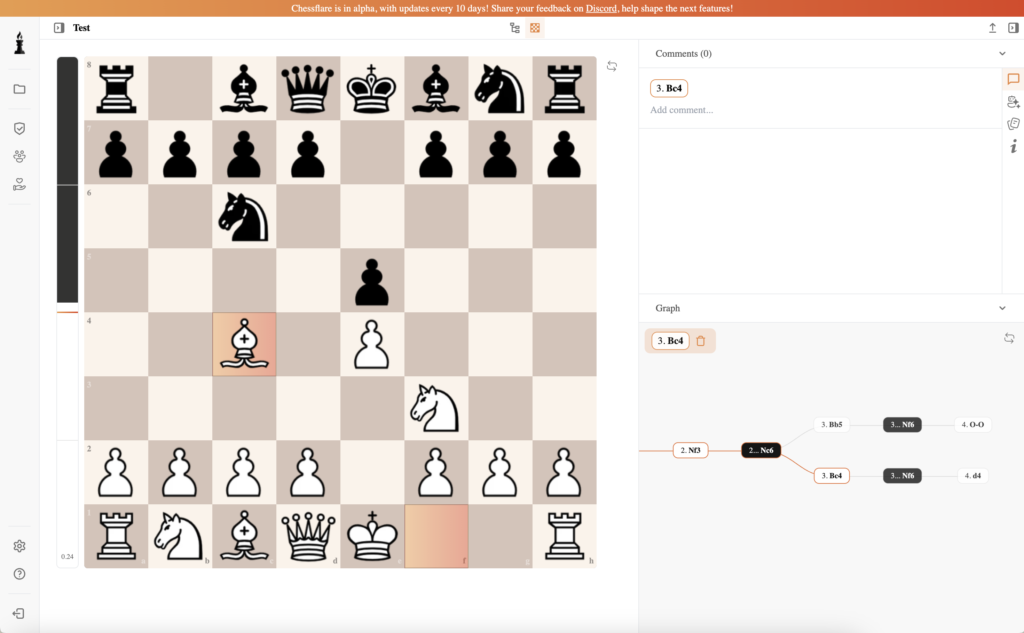A Visionary of 18th-Century Chess and Music
Francois-André Danican Philidor was a French composer and chess master who exerted a profound influence on both operatic art and the game of chess. Born in 1726 into a family of court musicians, he inherited a strong musical background. However, his analytical insight into chess, especially his focus on pawn structure, secured his place as a foundational thinker in the history of the game.
Early Life and Dual Passions
Philidor spent much of his youth immersed in the musical environment of the French court, where his family had established a respected lineage. As he honed his skills in composition, he also began frequenting the famed Café de la Régence in Paris, a gathering place for leading chess minds of the day. By his teenage years, he had already gained recognition as a formidable opponent, demonstrating a keen awareness of strategic depth that set him apart from many of his contemporaries.
The Core of Philidor’s Chess Philosophy
One of Philidor’s most frequently cited declarations is that pawns are the soul of chess, a concept that challenged players to view these seemingly modest pieces as crucial to the structure and outcome of the game. Previous practitioners tended to undervalue pawn play in favor of flashy tactics, but Philidor’s writings and teachings highlighted how disciplined pawn moves could dictate the overall flow of a match. His seminal work, “Analyse du jeu des Échecs,” provided a thorough look at the intricacies of each phase of the game, inviting readers to consider the long-term ramifications of every exchange.
A Shift Toward Positional Play
Philidor’s emphasis on patient, strategic maneuvering defied the more swashbuckling style that was popular in the 18th century. He argued that controlling the center and maintaining a robust pawn formation were fundamental to success. While many players at the time relied on quick attacks, Philidor showcased how a balanced approach to development could reveal winning chances later in the game, even against aggressive opponents. His influence paved the way for future masters and deepened the theoretical understanding of how to balance offense and defense.
Musical Achievements and Cultural Impact
In parallel with his groundbreaking chess contributions, Philidor maintained an active career as a composer, producing more than twenty operas. His works resonated with audiences for their melodic inventiveness and refined orchestration. Critics praised his ability to merge sophisticated harmony with emotive storytelling, a blend that solidified his reputation among the leading composers of his era. This dual role as a successful musician and pioneering chess theorist made Philidor a figure of exceptional versatility.
Enduring Influence in Music
Although many of his operas are no longer widely performed, scholars and music enthusiasts continue to explore Philidor’s scores. His compositions offer insights into the evolution of French musical style during the 18th century. His life exemplifies an unusual synergy between intellectual pursuits, demonstrating how creativity can manifest in diverse forms, whether at the harpsichord or over the chessboard.
Lasting Legacy in the Chess World
Philidor’s vision of chess as a strategic battleground shaped by pawn structure and methodical play remains highly relevant. The term “Philidor position” still appears in modern chess manuals, especially in discussions of rook endgames, underscoring his enduring analytical value. Even in an age dominated by computer engines, his teachings about disciplined positioning and systematic development continue to inform best practices at both amateur and grandmaster levels.
A Guiding Light for Future Generations
Whenever players focus on pawn chains and positional finesse, they draw on the foundations Philidor laid centuries ago. His profound understanding of how careful, incremental planning could triumph over reckless bravado transformed the strategic consciousness of his era and set a course for the advanced theories that would follow. In this respect, Philidor’s influence transcends the boundaries of time, inspiring new generations to embrace the depth and elegance that chess can embody.
Francois-André Danican Philidor was an 18th-century French composer and chess master who significantly influenced both the art of opera and chess strategy. His treatise, ‘Analyse du jeu des Échecs,’ introduced an enduring emphasis on pawn structure and systematic play.
Philidor’s emphasis on disciplined pawn structure and balanced development paved the way for a more strategic style of play. His principles are still consulted by players looking to strengthen their positional foundations.
He composed numerous operas that earned acclaim for their melodic and harmonic richness, while also devoting his analytical talents to chess. This dual focus made him a rare figure who excelled in both artistic and intellectual domains.
Published in 1749, Philidor’s treatise offered one of the earliest comprehensive explorations of positional thinking. It highlighted the significance of pawns and influenced future generations of theorists and grandmasters.

